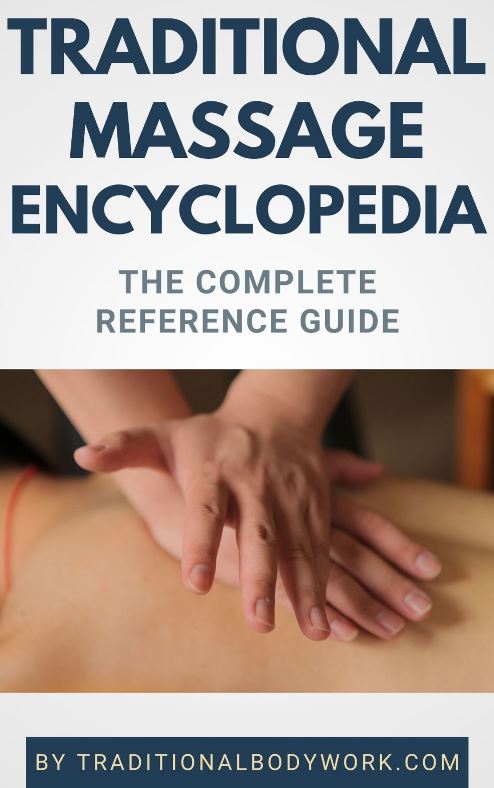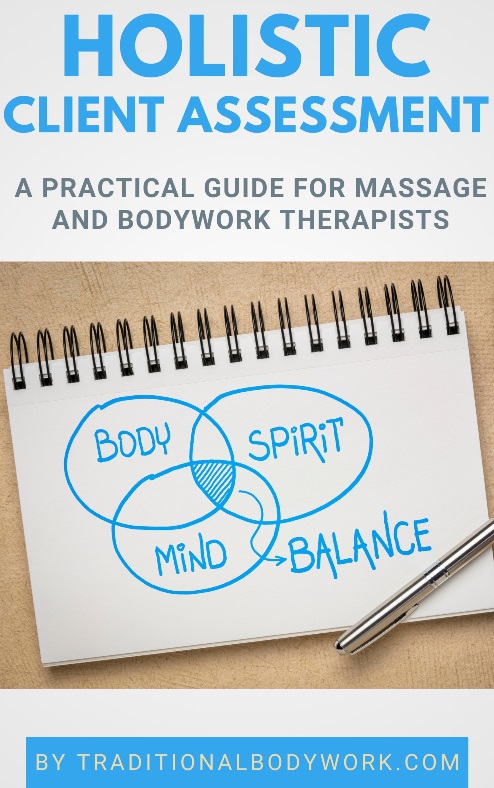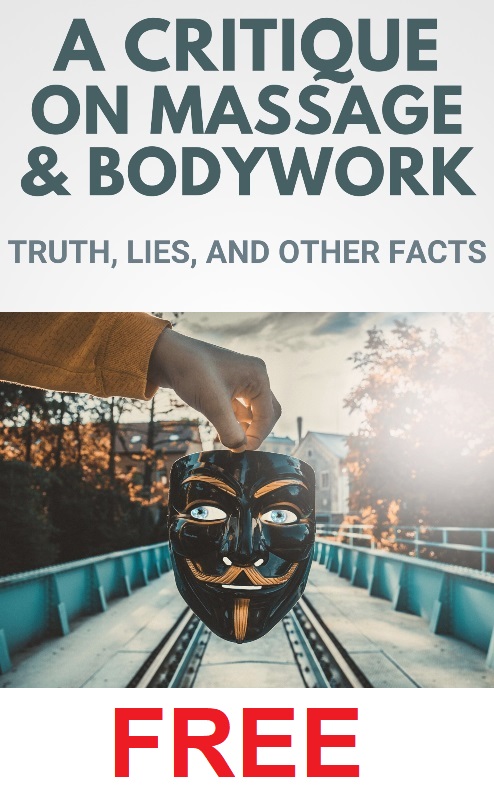
Every relationship faces challenges. Some arise from misunderstandings, others from unmet expectations or life’s changing demands.
Over time, even minor issues can accumulate and create emotional distance. This can lead to situations that result in relationship problems and divorces. According to ConsumerShield, the divorce rate in the United States was 2.4 per 1,000 people in 2022. It shows a downward trend, declining from 4 in 2000 to 2.4 in 2022.
One of the most significant factors contributing to this decline is the growing support for alternative healing methods. For a relationship to grow, both partners must be open to self-reflection, honest communication, and prioritizing each other’s needs.
While couples’ healing can take time, the outcome often brings profound satisfaction. Here are several practical ways to move through relationship struggles together.
#1: Couple Massage: A Relaxing Way to Reconnect
One way to reintroduce physical closeness is through a couple’s massage. This shared experience helps both partners relax and feel cared for without needing to say much.
Whether you book a professional session or create a calming space at home, massage invites connection through gentle, attentive touch.
As stated in a Women.com article, massage stimulates the parasympathetic nervous system. This can help reduce heart rate and blood pressure to make you feel relaxed. It reduces stress and releases physical tension, which often builds during emotional conflict.
During a couple’s massage, both people are given space to unwind and feel supported. It can also be a way to show affection when words feel difficult or when you want to connect without diving into serious conversations.
#2: Reconnecting Through Intimacy
Physical closeness plays a significant role in emotional healing. Intimacy helps restore a sense of togetherness, even when words feel heavy. Beyond sexual intimacy, simple gestures like touch, eye contact, and just being physically present can reignite emotional closeness.
Holding hands during a walk, hugging without rushing, or resting together without distractions can all help bring down emotional walls. Though subtle, these moments strongly communicate a desire for intimacy, reassurance, and security.
As stated by The Conversation, physical affection is the most direct way people show intimacy in relationships. This is a common phenomenon worldwide despite cross-cultural differences. It not only brings you close to your partner but also boosts your health.
It’s important to approach intimacy with openness. If either partner feels distant or unsure, talk about it gently. Rather than focusing on performance or pressure, focus on presence. Let physical connection be an expression of care, not a demand.
#3: Appreciation Through Gifts: Leibish Guide on Simulated Diamond Pieces
Sometimes, appreciation is best expressed through thoughtful gestures. Gifts are one way to show someone you value them, especially when words fall short, or emotions feel too tangled. A carefully chosen gift doesn’t fix every issue, but it can help restore closeness, warmth, and mutual recognition.
According to Forbes, one of the most common gifting mistakes people make in relationships is giving something they think their partner will like. Therefore, you should select the right gift that carries value and meaning.
Jewelry often carries emotional meaning, and it can become a lasting reminder of love and effort. Simulated diamonds provide affordable sparkling jewelry that looks elegant and feels special. These stones are engineered to be affordable while still matching the sparkle of traditional diamonds.
As Leibish says, these pieces require a little extra care and precision. Although they appear to be natural diamonds, they can discolor or chip after prolonged wear. However, they are still an ideal option to show your intention. At the same time, you should opt for real diamonds if budget is not a concern.
#4: Seek Support Without Shame
There’s no shame in asking for help. In fact, it shows a commitment to learning and improving the relationship. A therapist or counselor can provide new insights and personalized strategies to help you. Couples often find that having a neutral third person helps keep conversations focused and productive.
According to Verywell Mind, around 37% of the survey respondents had attended couples therapy. Of these, 99% say that the therapy has had a positive impact on their relationships. Around 76% say that the effect was high or very high.
Therapy isn’t your only option for support; you can also find help from trusted friends, mentors, books, or podcasts. The goal is to find guidance that helps you reflect and move forward rather than getting stuck in blame.
#5: Communicate Honestly, But Kindly
Clear and respectful communication helps reduce confusion and misinterpretation. Effectively communicating involves more than just speaking your mind. It’s about doing so considerately, with careful attention to your tone, timing, and word choice to avoid causing harm. Speaking kindly during tense moments often allows both people to feel safer and more open.
Instead of saying, “You don’t care about how I feel,” try explaining, “I feel ignored when my concerns aren’t acknowledged.” Making this minor change can foster greater understanding instead of leading to blame and closed-off communication.
Also, be mindful of body language. Sometimes, a sigh, crossed arms, or eye rolls say more than words. Create the right environment for conversations: no distractions, no background noise, and no rush. Give each other your full attention, even during short check-ins.
Frequently Asked Questions
Can a relationship heal after infidelity?
Healing after infidelity is difficult but not impossible. It depends on the willingness of both partners to address the underlying issues that led to the breach of trust. The unfaithful person needs to be fully transparent, accountable, and patient to regain trust.
What if only one person wants to work on the relationship?
A relationship becomes unsustainable when one partner bears the entire emotional burden. A healthy relationship needs interest and effort from both people. If only one person is willing to improve things, progress often stalls or feels one-sided.
How can we manage outside stress that impacts our relationship?
Outside stressors like work deadlines and financial worries can spill into a relationship, even when there’s no conflict between you. Elevated stress often reduces patience, causing even small problems to escalate into arguments. It helps to recognize that the problem isn’t you; it’s the pressure surrounding you both.
Relationships face highs and lows. What makes a couple strong isn’t the absence of conflict; it’s how they handle it together. Honest communication, shared effort, patience, and small moments of kindness help couples grow through challenges, not just around them.
Healing is achievable, and every step, no matter how minor, contributes to building stronger trust and a deeper connection. Whether through a kind word, a warm touch, or a thoughtful gift, each gesture adds up.

















 Find themed health, wellness, and adventure holidays around the world.
Find themed health, wellness, and adventure holidays around the world.